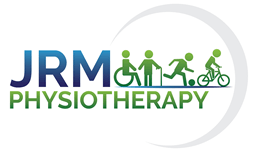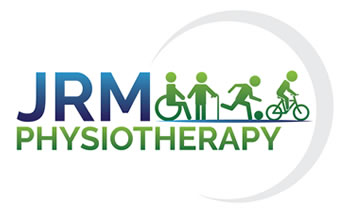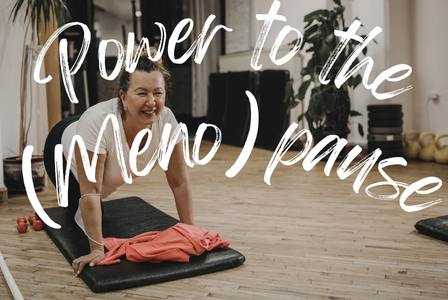Power to the (Meno)pause
What happens to oestrogen levels in menopause and how does this affect the body?
We have all heard about oestrogen and know that there is an impact on this hormone as women age, but what is the effect of oestrogen in menopause?
Did you know that the hormone oestrogen affects more than just reproductive health? It is also directly linked to bone and soft tissue health. Oestrogen affects bone turnover, i.e the production of bone cells and therefore is the leading cause of osteoporosis in menopausal and post- menopausal women. Oestrogen levels affect the musculoskeletal system (muscles, ligaments and tendons).
Oestrogen helps improve muscle mass and strength as well as increasing the collagen content in connective tissue. This means that a drop in oestrogen levels in the peri to post-menopausal phase can lead to an increase in soft tissue injury. Oestrogen levels have a effect on all muscles but especially the maintaining the health and strength of the muscles that make up our pelvic floor, this is why urinary incontinence is more common as we get older and our oestrogen levels decline.
So how can physiotherapy help?
As a physiotherapist with a special interest in women’s health I understand the importance of maintaining a woman’s mental well-being during these difficult phases of life. One very important factor that contributes to achieving a healthy mindset is being able to maintain your level of fitness (whatever that level is for you). Obtaining an injury or developing urinary incontinence can very quickly put a stop to activity. It can then be very difficult to dig yourself out of the hole that not being active creates in your life. Taking part in a regular exercise routine that is specifically tailored to your needs, targeting muscles around the pelvis as well as including impact exercise, can help increase muscle strength and endurance. This in turn will help reduce urinary incontinence and the risk of other soft tissue injuries, allowing you to enjoy exercise into and beyond the menopause phase.
Going through menopause does not have to mean stopping physical activities.
If this is all sounding a bit too familiar please don’t hesitate to get in touch with me and see how I can help.
Esther Gallick is a specialist women’s health physiotherapist who also has years of experience as a musculoskeletal physiotherapist.



